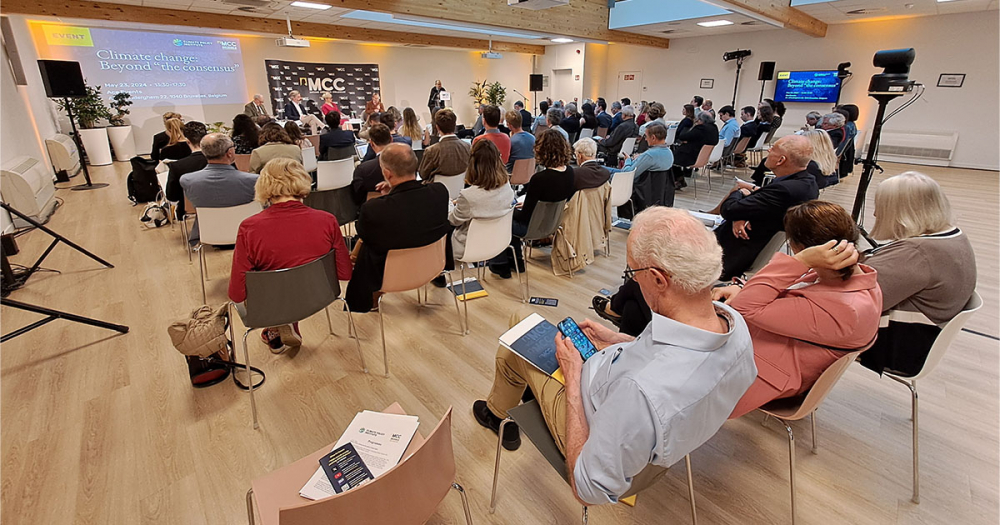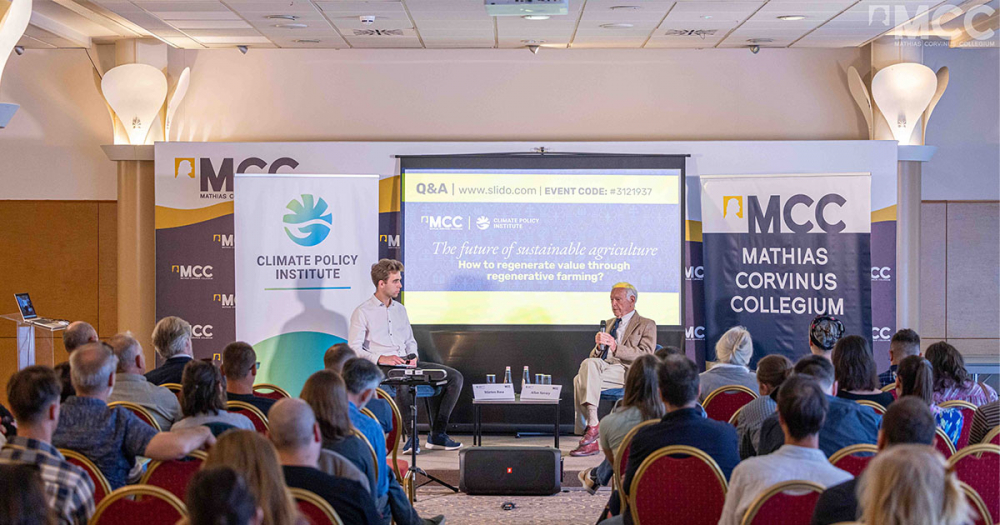On Thursday, 23 May, the Climate Policy Institute visited the heart of Brussels, and in collaboration with MCC Brussels, organised a conference on the scientific and political issues of climate change, under the title ’Climate Change: beyond the consensus’.
Hosted at the Ace Events Club, just outside the European Commission,the aimwas to discuss the true meaning of ’scientific consensus’ in the discussion of climate change, and to explore its political implications.
In his keynote speech, Professor Richard Lindzen highlighted that, based on historical examples, political movements often refer to the idea of a ’scientific consensus’, but remain driven by political motives.
Arranged over two panels, the conference first explored the effect of culture on science, before moving on to examine the effect of science on society.
Specifically, the first panel examined how the idea of a ’scientific consensus’ belies the presence of politics, and explored how science has often been replaced by scientism. Engaging in a robust debate, the panel participants, Frank Furedi, Calum Nicholson, Richard Lindzen, and Anthony O'Hear, debatedthe extent to which science has been politicised, and to which it can therefore be trusted.
The second panel then examined the effect of the idea of a ’scientific consensus’ on society itself.Samuel Furfari, Richard Schenk, Johan Gardebo, and Barbara Kolm pointed out that the EU Green Deal and Net Zero policies pose numerous economic and social challenges. They highlighted that, in European countries, green policies increasingly lead to political tensions, as they leave jobs in traditional industries at risk. The speakers emphasized that while the threat of climate change must be taken seriously, the feasibility and effectiveness of Net Zero policies must be questioned.
The final message of the conference was that now is the time to review and discuss the wisdom and current direction of European environmental policies. Human ingenuity and innovation could provide the real solution to the challenges of climate change, rather than political consensus. Whether our future is to determined by technocratic diktat or joint decision-making is entirely up to we, the people.






